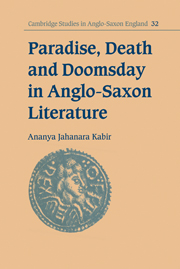Oh spell it out, spell it out: at the precise instant of India's arrival at independence, I tumbled forth into the world. There were gasps. And, outside the window, fireworks and crowds. A few seconds later, my father broke his big toe; but his accident was a mere trifle when set beside what had befallen me in that benighted moment, because thanks to the occult tyrannies of those blandly saluting clocks I had been mysteriously handcuffed to history, my destinies indissolubly chained to those of my country.
– Salman Rushdie, Midnight's Children(p. 3)With these now-famous words begins one of the most iconic Indian novels written in English, a work that is widely recognized as having changed the course of not just the novel from India but postcolonial writing from South Asia at large. Is it mere coincidence that Midnight's Children, which in 1981 announced to an unsuspecting world a new idiom of fiction altogether – brash, jocular, daring, and deeply clever – should center thus on “the precise instant of India's arrival at independence ”? The response I would offer, and which forms the basic premise of this chapter, is: no. This novel, unfettered as it seems by the need to genuflect to established models of correctness and decorum presented to the Indian novelist by the weight of colonial history, is actually as “handcuffed” to that history as its protagonist. Specifically, it is handcuffed to that pivotal moment when the colonial era ended and the postcolonial moment began – a moment that, for India and Pakistan (and, in a more complicated way, for Bangladesh), brought together the triumph of independence with its dark side, the trauma of Partition. In these opening sentences, Rushdie already signals this duality through the juxtaposition of celebratory and auspicious signifiers (fireworks, crowds, the birth of a child) with hints of inauspiciousness, inexplicability, and coercion (accidents, however bathetic, “occult tyrannies,” handcuffs, and chains). This is a duality that unfolds in its full tragicomic magnificence in the course of the novel.
In this chapter I argue that Rushdie's Midnight's Children is neither the first nor the only Indian novel in English to be thus handcuffed to the history of Partition – though it is certainly the first novel to announce this condition so meta-fictively.
